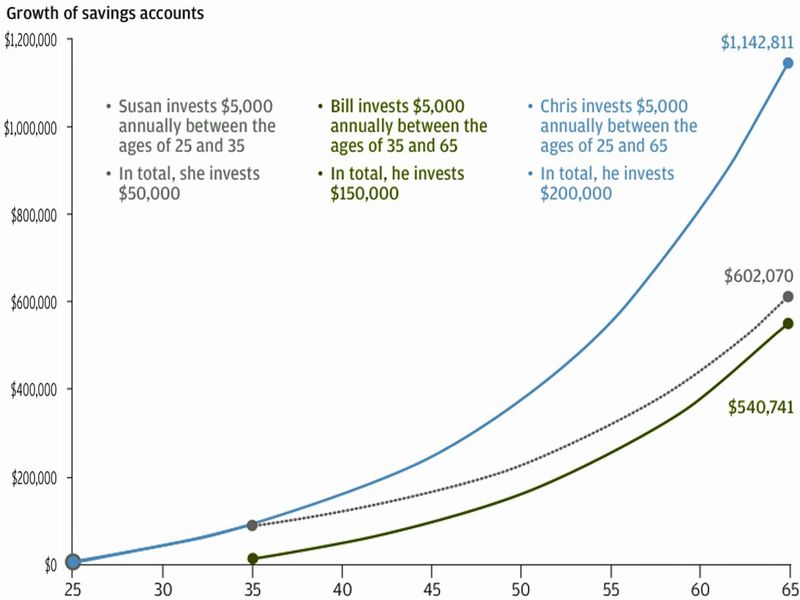Language evolves over time, and certain phrases that were once popular can become outdated or even cringe-worthy to younger generations. Baby Boomers, born between 1946 and 1964, have a set of expressions that may perplex or annoy Gen Z. Here are some examples:
1. Back in my day…

“Back in my day…” is a phrase that often signals a trip down memory lane, where Boomers compare the past with the present. While some may find these stories charming, Gen Z often perceives them as dismissive or irrelevant. The phrase can imply that past experiences were superior, overshadowing the unique challenges and advancements of today. This generational gap can make understanding each other a little tricky. However, these stories can offer valuable insights if seen from a historical perspective. In essence, it’s a reminder of how times have changed and how each generation faces its own set of challenges.
2. Respect your elders.

The phrase “Respect your elders” is rooted in the belief that age brings wisdom and deserves deference. For Gen Z, this can feel like a demand for obedience without mutual respect. They value relationships built on equality and understanding rather than hierarchy. This phrase can create a barrier to open dialogue between generations. Yet, it’s essential to recognize the experiences and insights older generations bring. In embracing mutual respect, both young and old can learn and grow together, bridging the gap through shared knowledge and empathy.
3. You kids have it easy.

“You kids have it easy” is a statement often heard from Boomers, reflecting nostalgia for simpler times. To Gen Z, it can feel like an underestimation of their struggles with issues like technology, mental health, and social pressures. Each generation faces unique hurdles, and what seems easy to one can be incredibly complex to another. Rather than fostering understanding, this phrase can create feelings of resentment. By recognizing the distinct challenges faced by Gen Z, a more empathetic and supportive dialogue can emerge, fostering appreciation for each other’s experiences.
4. I don’t trust online banking.

The phrase “I don’t trust online banking” often reveals a cautionary stance towards digital financial transactions. Boomers might reminisce about traditional banking, where personal interaction was key. However, Gen Z, who grew up with technology, often views such statements as outdated. They are accustomed to seamless online experiences and prioritize convenience. This generational divide highlights differing comfort levels with technology. By exploring these differences, we see how each generation’s experiences shape their trust in technology and how understanding can foster smoother transitions to digital adoption.
5. Just walk in and ask for a job.

“Just walk in and ask for a job” is advice that harkens back to a time when face-to-face interactions were the norm. Boomers may remember this as effective, but Gen Z operates in a digital world where online applications and networking are key. The disconnect lies in the evolution of job-seeking methods. This phrase can feel out-of-touch with current realities, emphasizing the need for adaptability in career strategies. By recognizing these changes, both generations can appreciate the strengths of traditional and modern approaches, finding common ground in career advice.
6. I don’t do social media.

The declaration “I don’t do social media” often comes from Boomers who prefer traditional communication. To Gen Z, who thrives on digital interaction, this can seem out of sync with modern culture. Social media is not just a tool but a vital part of personal and professional networking. The reluctance to engage can be seen as a resistance to change. However, it’s also a reminder of the diverse ways people connect. By understanding these preferences, both generations can appreciate the balance between online and offline interactions, fostering mutual understanding.
7. You need to start saving for retirement.

“You need to start saving for retirement” is a phrase laden with well-meaning advice. Boomers, who may have benefited from stable pensions, often stress the importance of financial security. However, Gen Z confronts economic challenges like student debt and high living costs. This advice can feel disconnected from their current realities. By acknowledging these challenges, both generations can engage in constructive conversations about financial planning. Sharing strategies and understanding constraints can lead to more tailored advice that resonates with today’s economic landscape, bridging the generational gap in financial wisdom.
8. I can’t keep up with all this newfangled technology.

“I can’t keep up with all this newfangled technology” is often expressed by Boomers overwhelmed by rapid advancements. For Gen Z, technology is second nature, a constant companion in daily life. This phrase highlights the pace at which innovation occurs and the generational divide in adapting to it. While it may seem like resistance, it’s also a call for patience and understanding. By embracing intergenerational tech support and education, both Boomers and Gen Z can benefit from shared experiences, turning frustration into fascination through collaborative learning.
9. My generation had real music.

The phrase “My generation had real music” often reflects Boomers’ nostalgic love for the melodies of their youth. For Gen Z, it can sound dismissive of contemporary music and artists. Music is a powerful connector across ages, yet tastes evolve with culture and technology. This statement can unintentionally create a divide between the ‘old’ and the ‘new.’ By celebrating musical diversity and encouraging exploration of different genres, both generations can find common ground. Sharing playlists and concert experiences can bridge the gap, fostering appreciation for music’s timeless essence.
10. You can’t trust what you read on the internet.

The cautionary “You can’t trust what you read on the internet” is a reminder from Boomers to verify information. For Gen Z, digital natives adept in discerning credible sources, it can seem like unwarranted skepticism. However, the advice underscores the importance of media literacy. In today’s information age, understanding how to evaluate online content is crucial. By sharing insights on identifying trustworthy information, both generations can enhance their critical thinking skills, fostering an environment of informed decision-making and mutual respect for each other’s media consumption habits.
11. I don’t need a smartphone; my flip phone works just fine.

“I don’t need a smartphone; my flip phone works just fine” is often a declaration of simplicity over complexity. Boomers may appreciate the straightforward functionality of flip phones, while Gen Z values the versatility of smartphones. This phrase highlights preferences in technology use, reflecting a choice between minimalism and multifunctionality. By recognizing these differences, conversations about technology can focus on personal needs and preferences. Both generations can learn from each other’s experiences, finding value in both modern innovation and classic simplicity, paving the way for tech choices that align with individual lifestyles.

Well, hello there!
My name is Jennifer. Besides being an orthodontist, I am a mother to 3 playful boys. In this motherhood journey, I can say I will never know everything. That’s why I always strive to read a lot, and that’s why I started writing about all the smithereens I came across so that you can have everything in one place! Enjoy and stay positive; you’ve got this!

